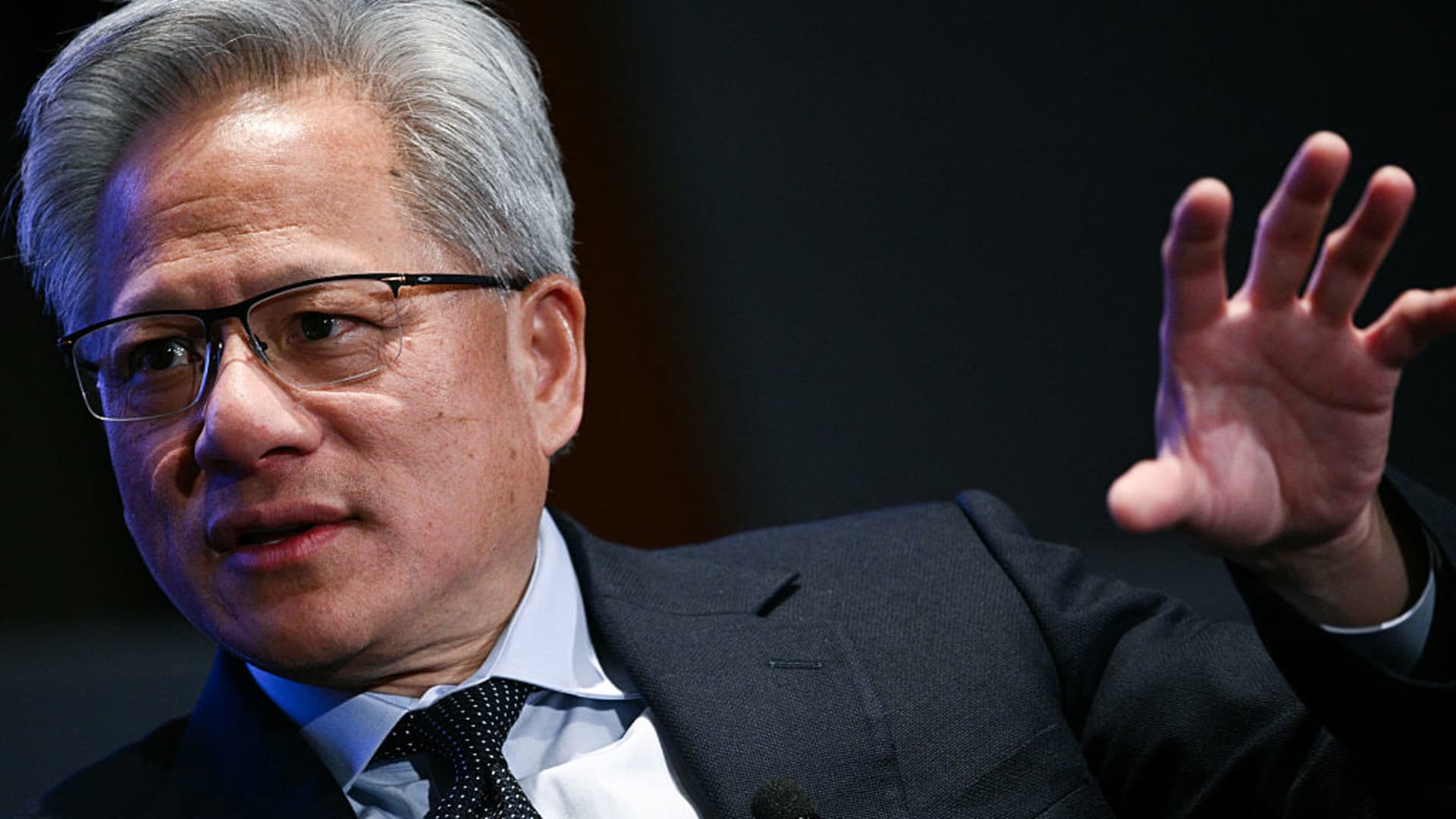The Evolving AI Landscape: Insights from Nvidia’s Jensen Huang on China’s Rising Capabilities
Introduction
The global artificial intelligence (AI) race is intensifying, with nations and corporations vying for technological supremacy. Among the most vocal observers of this competition is Nvidia CEO Jensen Huang, whose recent statements challenge conventional wisdom about China’s position in AI development. His perspective offers a fresh take on the shifting dynamics between the U.S. and China, highlighting not just competition but also the potential for collaboration in shaping the future of AI.
China’s AI Progress: Closing the Gap
Debunking the “Lagging Behind” Myth
A common narrative in Western discourse suggests that China trails the U.S. in AI innovation. However, Huang disputes this, asserting that China is not only keeping pace but is also a formidable competitor. His remarks emphasize that while the U.S. may still hold a slight advantage, the gap is narrowing rapidly.
*”China is not behind,”* Huang stated in a recent interview. *”Are they ahead of us? China is right behind us. We’re very, very close.”* This acknowledgment underscores the competitive pressure facing American tech firms and the need for sustained innovation to maintain leadership.
Key Drivers of China’s AI Growth
Several factors contribute to China’s rapid advancements in AI:
– Government Support: Heavy investment in AI research, infrastructure, and policy frameworks has accelerated development.
– Talent Pool: China produces a significant number of STEM graduates, fueling its tech workforce.
– Corporate Innovation: Companies like Huawei, Alibaba, and Tencent are pushing boundaries in AI applications, from cloud computing to autonomous systems.
Huang’s assessment aligns with broader industry observations—China is no longer playing catch-up but is actively shaping the AI landscape.
Huawei: A Rising Force in AI
Disrupting the Market
Huang has singled out Huawei as *”one of the most formidable”* competitors in AI. This recognition stems from Huawei’s technological breakthroughs, particularly in AI chip manufacturing. Reports indicate that Huawei has doubled its AI chip yields to 40%, a significant milestone that enhances its ability to scale production and compete globally.
Implications for the Semiconductor Industry
Huawei’s progress in chip manufacturing is particularly noteworthy given the U.S. export restrictions aimed at limiting its access to advanced technologies. Despite these challenges, Huawei’s advancements suggest resilience and adaptability—traits that could redefine the competitive landscape.
For Nvidia, Huawei’s rise is both a challenge and a motivator. Huang’s acknowledgment of Huawei’s capabilities reflects a pragmatic understanding of the market: dominance is never guaranteed, and innovation must be relentless.
Geopolitical Tensions and AI Export Rules
The U.S.-China Tech Rivalry
The AI race is inseparable from broader geopolitical tensions. The U.S. has imposed restrictions on AI-related exports to China, citing national security concerns. However, Huang has advocated for revising these rules, arguing that overly restrictive policies could hinder American businesses from capitalizing on global opportunities.
A Call for Balanced Regulation
Huang’s stance is not just about economics; it’s about maintaining a competitive edge. By enabling U.S. firms to engage more freely in international markets, revised export rules could foster innovation while preventing isolation. His argument highlights a critical tension in tech policy: how to balance security concerns with the need for global collaboration.
Nvidia’s Role in China’s AI Ecosystem
A Dominant Player Adapting to Change
Nvidia has long been a leader in China’s AI market, supplying critical hardware for machine learning and data processing. However, Huang’s comments suggest that Nvidia is acutely aware of shifting dynamics—competition is intensifying, and past success does not guarantee future dominance.
Strategic Partnerships and Innovation
To maintain its edge, Nvidia continues to invest in R&D and forge partnerships with Chinese tech firms and research institutions. Huang’s recognition of China’s progress signals a strategic approach: staying ahead requires not just technological superiority but also an understanding of market realities.
The Future of AI: Collaboration vs. Competition
A Dual-Path Forward
The AI race is not a zero-sum game. While competition drives innovation, collaboration—especially in research and ethical standards—can benefit all stakeholders. Huang’s advocacy for revised export rules reflects this dual approach: compete fiercely but avoid policies that stifle progress.
The Role of Policy in Shaping AI’s Future
Governments play a crucial role in determining how AI evolves. Policies that encourage open research, fair competition, and ethical AI development will be key to ensuring that advancements benefit society broadly. Huang’s insights serve as a reminder that the future of AI is not just about technology but also about the frameworks that guide its use.
Conclusion: Navigating the AI Revolution
Jensen Huang’s perspective on China’s AI capabilities offers a nuanced view of a rapidly changing landscape. His recognition of Huawei’s strengths, advocacy for balanced export policies, and emphasis on continuous innovation underscore the complexities of the AI race.
The path forward is clear:
– Acknowledge Competition: China’s advancements demand respect and strategic response.
– Foster Collaboration: Global challenges like AI ethics and safety require joint efforts.
– Adapt Policies: Regulations should protect interests without stifling progress.
As AI reshapes industries and economies, Huang’s insights provide a roadmap for navigating this transformative era—one where competition and collaboration must coexist to drive meaningful progress. The race is far from over, and the stakes have never been higher.











